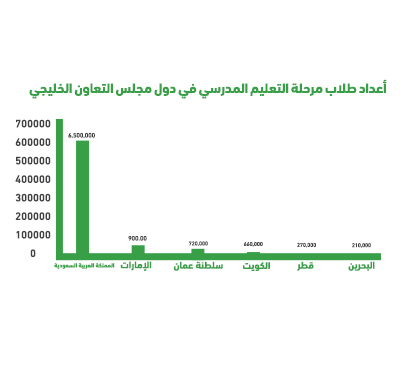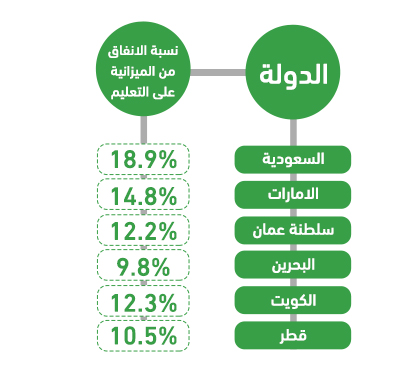Mashroo3k Economic Consulting Company offers a feasibility study for a crafts training institute project with the highest return on investment and the best payback period. This study is based on a series of in-depth studies of the Qatari market size, an analysis of local and foreign competitors’ strategies, and the provision of competitive pricing.

The Crafts Training Institute provides a platform for individuals to learn, both theoretically and practically, the skills of craft trades such as plumbing, plastering, carpentry, and blacksmithing. The institute aims to enhance the competence of workers in various crafts using scientific methods and techniques, helping them provide craft services with greater precision and higher quality.
For investors interested in investing in a Crafts Training Institute project in Qatar, Mashroo3k provides a set of specialized feasibility studies based on updated databases specific to the Qatari market. This helps ensure the project’s success, achieving the highest return on investment and the best payback period. This is achieved through accurate studies of the size of the Qatari market, encouraging the target group to benefit from the institute’s services, and providing training and networking opportunities with major institutions.

Mashroo3k Economic Consulting is committed to ensuring that the Crafts Training Institute project has a highly experienced team capable of providing educational services to qualify workers in various crafts professions for integration into the labor market. It also develops the skills of existing workers to achieve the necessary competencies, in accordance with international quality standards. The consultants also offer numerous other recommendations to enhance the project’s competitive advantages and shorten the path to achieving the highest return on investment.


Providing the best educational services in the fields of administration, marketing, human resources, procurement, and finance.
Providing a qualified cadre of experienced and highly qualified male and female trainers.
Teaching modern scientific curricula that incorporate quality content, while emphasizing the practical aspect of the institute, ensuring that a theoretical aspect is applied in practice.
Creating an educational and learning environment prepared in all aspects, including modern equipment and facilities.
Setting affordable fees for the institute’s students, with discounts for people with special needs and financially disadvantaged students.
Training employees of companies, institutions, and all sectors in the areas in which the institute operates.
Effective contribution, hard work, and planning to raise the efficiency of Saudi youth’s performance in their jobs, serving the goals of economic development.
Executive summary
Study project services/products
Market Size Analysis
Risk Assessment
Technical study
Financial study
Organizational and administrative study

The Education Sector in GCC Countries
Because “Mashroo3k” Economic Consulting and Market Research Company believes in the importance of the education sector and its role in localizing national labor, it presents below the key indicators of the educational sector in GCC countries, thereby encouraging investment in this vital sector:
The total number of students in the Early Childhood Development stage (including nurseries and kindergartens) in GCC countries, according to the latest available statistics, reached 851.5 thousand students.
The number of school education students in the GCC was estimated at 9.3 million students (79.4% in the public sector and 20.6% in the private sector).
The number of adult education center learners was estimated at 181,247 students.
The number of higher education students was 2,206,446 students.
The number of early childhood education teachers was 50,647 teachers.
The number of school education teachers was estimated at 727,904 teachers.
There are 5,806 educational institutions operating at the early childhood stage.
There are 32,310 educational institutions operating at the school education stage.
Over the past years, governments in GCC countries have sought to bridge the gap between education and the labor market. They have adopted curricula that increase the share of vocational and technical education and encourage learning through modern media and technologies. It is also worth noting the increase in government spending by these six countries on education and its quality to graduate generations that meet the private sector’s labor needs.
According to the latest statistics:
Saudi Arabia spends 18.9% of its budget on education.
The UAE spends 14.8%.
Oman spends 12.2%.
Bahrain spends 9.8%.
Kuwait spends 12.3%.
Qatar spends 10.5% of its budget on education.
By the year 2023, the value of the private education market in GCC countries is expected to reach $26.2 billion.
The Global Education Sector:
The size of the global educational services market reached approximately $2,882.52 billion by the end of 2021, and global experts expect it to reach $3,191.79 billion by the end of 2022 — achieving a compound annual growth rate (CAGR) of 10.7%.
By 2026, the market value is projected to increase to $4,623.90 billion, achieving a CAGR of 9.7% over the forecast period.

By 2030, the global value of education as an industry is expected to reach $10 trillion USD.
By 2024, the global online education market is projected to reach $247.46 billion USD.
The AI-powered education market is expected to expand at a compound annual growth rate (CAGR) of 36% from 2022 to 2030.
In the year 2000, the number of pupils worldwide was approximately 657 million, and this number increased to 739 million by 2019.
In 2000, the number of secondary education students was around 452 million, rising to 601 million by 2019.